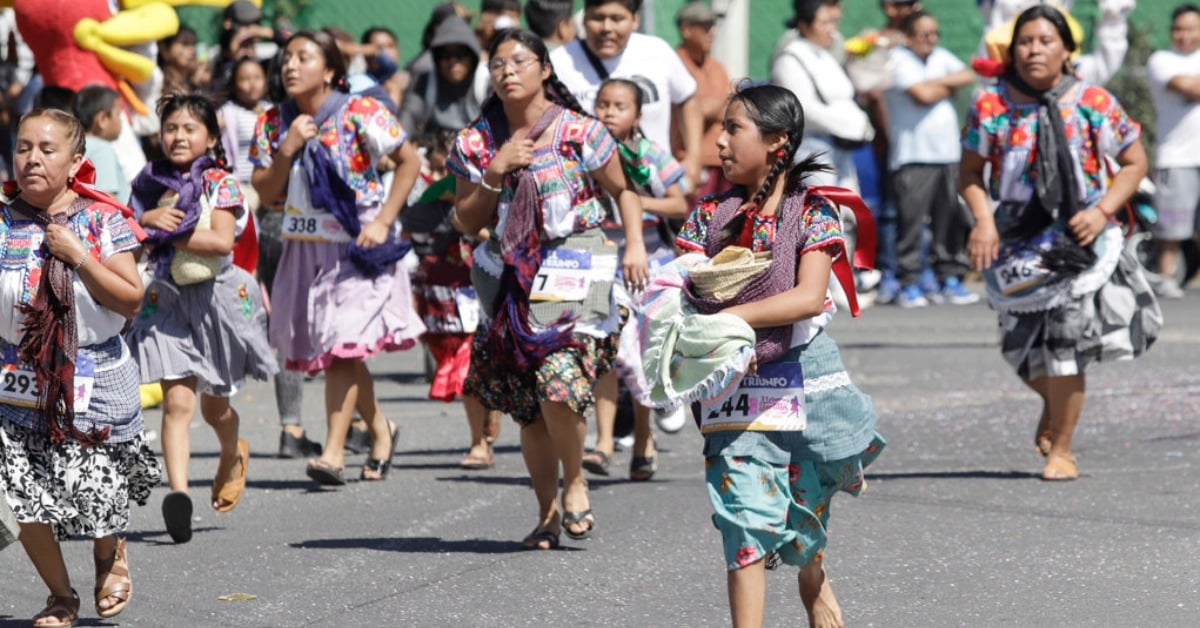Hundreds of women ran the 'Tortilla Race' in Santa María Coapan to defend native corn and push back amid the GMO corn trade dispute with the U.S . . .


Hundreds of women ran the 'Tortilla Race' in Santa María Coapan to defend native corn and push back amid the GMO corn trade dispute with the U.S . . .
